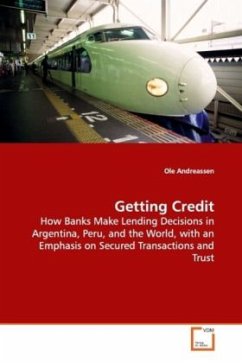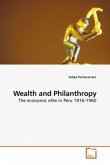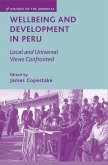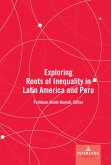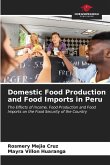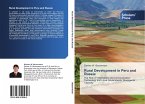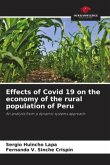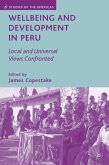Why do banks behave seemingly at odds with financial
theory when making credit decisions? This book starts
out investigating what financial and legal theory
would predict about decision making in commercial
banks. Through field studies and cross-country
quantitative analysis, it finds that the trust people
have in each other and institutions around them
matter more than the measurable qualities of firm,
industry, economic context, or legal environment. The
effects of political stability, corruption, history,
administrative tradition, and modernity all provide
new light on how credit is allocated, and the book
devotes much attention to the effect of social
capital on credit. Bank behavior is investigated
through field studies in Peru and Argentina, and
those observations are applied to global data to
establish a wider applicability. The author discusses
the importance of the findings by looking in detail
at secured transactions reform, which could have a
large impact on development. He concludes that such
reforms are likely to have little impact if factors
like trust in institutions and political stability
are not addressed first.
theory when making credit decisions? This book starts
out investigating what financial and legal theory
would predict about decision making in commercial
banks. Through field studies and cross-country
quantitative analysis, it finds that the trust people
have in each other and institutions around them
matter more than the measurable qualities of firm,
industry, economic context, or legal environment. The
effects of political stability, corruption, history,
administrative tradition, and modernity all provide
new light on how credit is allocated, and the book
devotes much attention to the effect of social
capital on credit. Bank behavior is investigated
through field studies in Peru and Argentina, and
those observations are applied to global data to
establish a wider applicability. The author discusses
the importance of the findings by looking in detail
at secured transactions reform, which could have a
large impact on development. He concludes that such
reforms are likely to have little impact if factors
like trust in institutions and political stability
are not addressed first.
